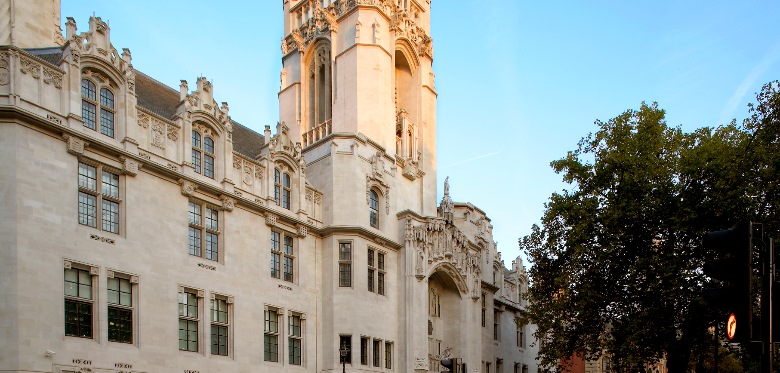The Supreme Court has ruled that a law which allowed people to be convicted of murder, even if they did not inflict the fatal blow, has been wrongly interpreted for more than 30 years.
The principle of joint enterprise has been used to prosecute members of a group or gang for murder, particularly in cases when it cannot be proved which member of that group was responsible for the blow which ultimately killed the victim.
The law set out that parties could be convicted for murder if they 'could' have foreseen violent acts being carried out by one or more of their associated.
Joint enterprise has proved highly controversial and campaigners have argued that it has been used to convict defendants who, although present at the scene of a murder, did not participate in it, or foresee that a murder would take place.
Ruling of the Supreme Court
Lord Neuberger, delivering the judgement, said that "foresight" was simply evidence of intent to assist or encourage, rather than proof someone knew that a murder would result.
"This court is always very cautious before departing from a previous decision of the House of Lords or the Supreme Court," he said.
"But in this case the court is satisfied after a much fuller review of the law than in the earlier cases, that the courts took a wrong turn (...) and it is the responsibility of this court to put the law right."
In future cases, the prosecution will now have to prove that secondary parties actively encouraged or assisted in the act of killing in order to secure a murder conviction. It will not be sufficient to simply argue that they should have had the foresight that their companion/s could cause serious harm that resulted in the death of the victim
This is a significant finding by the Supreme Court which it is believed will affect many people convicted of murder and who may wish to seek to appeal their convictions. However, the judge has advised that while a secondary party may not be guilty of murder they may still be guilty of manslaughter. Furthermore, some legal commentators believe that those currently serving sentences for murder, under the joint enterprise law, will need to prove they have been victim of a significant injustice.'


